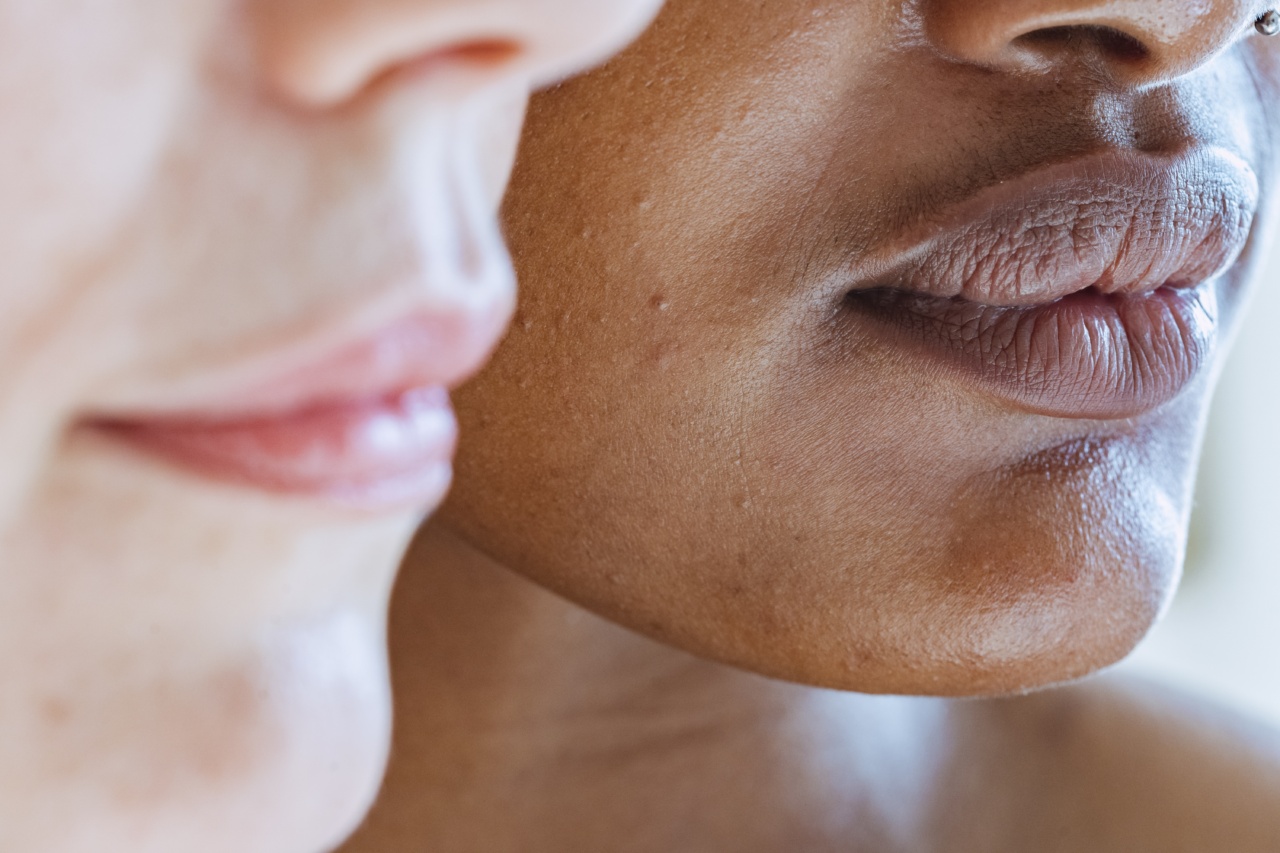Olive skin is a beautiful and unique complexion that can range from light olive to dark brown with warm golden or green undertones.
This type of skin tone is often associated with people from Mediterranean regions such as Italy, Spain, Greece, and the Middle East, but it can also be found in other parts of the world. But what exactly makes olive skin so distinctive? In this article, we’ll explore the features of typical olive skin and what you can do to care for it.
1. A Yellow or Green Undertone
One of the most common features of olive skin is a yellow or green undertone. This is due to the high levels of melanin in the skin that give it a warm, golden hue.
People with olive skin often have a hard time finding the right foundation shade that matches their skin color because many foundations tend to have pink or red undertones. It’s important to choose a foundation that has a neutral undertone to avoid looking too orange or red.
2. Tans Easily
Olive skin has more melanin than fair skin, which means it tans more easily and deeply. While this can be a beautiful feature, it also means that people with olive skin are more prone to sun damage and sunburn.
It’s important to protect your skin from the sun by wearing a broad-spectrum sunscreen with an SPF of at least 30 and avoiding the sun during peak hours.
3. Fewer Signs of Ageing
One of the benefits of olive skin is that it tends to age more slowly than fair skin. This is because melanin provides some natural protection against UV radiation, which can cause wrinkles, fine lines, and age spots.
However, this doesn’t mean that olive skin is immune to signs of ageing, so it’s still important to take care of your skin to keep it looking youthful and healthy.
4. Prone to Hyperpigmentation
While olive skin is less prone to sun damage than fair skin, it is more susceptible to hyperpigmentation. This is when the skin produces too much melanin, causing dark patches or spots to appear on the face, hands, or other areas of the body.
Hyperpigmentation can be caused by sun exposure, hormonal changes, or injury to the skin, so it’s important to protect your skin from the sun and treat any injuries or acne scars as soon as possible.
5. Can Be Prone to Breakouts
Olive skin tends to produce more oil than fair skin, which can make it more prone to breakouts and acne. This is because the excess oil can clog the pores and lead to the formation of pimples or blackheads.
To avoid this, it’s important to keep your skin clean and well-moisturized with non-comedogenic products that won’t clog your pores.
6. Hair and Eye Color
Olive skin is often accompanied by dark hair and eyes, although it can also be found in people with lighter hair and eye colors. This is because the melanin that gives the skin its color also affects the color of the hair and eyes.
So, if you have olive skin, you may want to consider choosing hair and makeup colors that complement your natural skin tone and enhance its warm undertones.
7. Easy to Conceal Imperfections
One of the benefits of olive skin is that it’s easy to conceal imperfections such as acne scars or dark circles under the eyes.
This is because olive skin tends to have a warm, even tone that can be easily matched with makeup products such as concealers or foundations. However, it’s important to choose products that are specifically formulated for olive skin to avoid looking too orange or artificial.
8. Appears Oily
One of the downsides of olive skin is that it can appear oily or shiny due to the excess oil production. This can be exacerbated by certain products such as heavy moisturizers or creams.
To avoid this, it’s important to choose lightweight, oil-free products that won’t clog your pores or make your skin appear greasy.
9. Requires Minimal Makeup
Another benefit of olive skin is that it doesn’t require a lot of makeup to look radiant and beautiful. This is because the warm undertones of olive skin tend to enhance natural features such as the eyes or lips without the need for heavy makeup.
However, if you do choose to wear makeup, it’s important to choose products that are specifically formulated for olive skin to avoid looking too orange or artificial.
10. Sensitive to Certain Products
While olive skin is generally less sensitive than fair skin, it can still be sensitive to certain products or ingredients.
This is because olive skin tends to have a thinner epidermis than fair skin, which means it’s more vulnerable to irritation or inflammation. To avoid this, it’s important to choose products that are free from harsh chemicals or fragrances and to patch-test new products before using them on your entire face.































